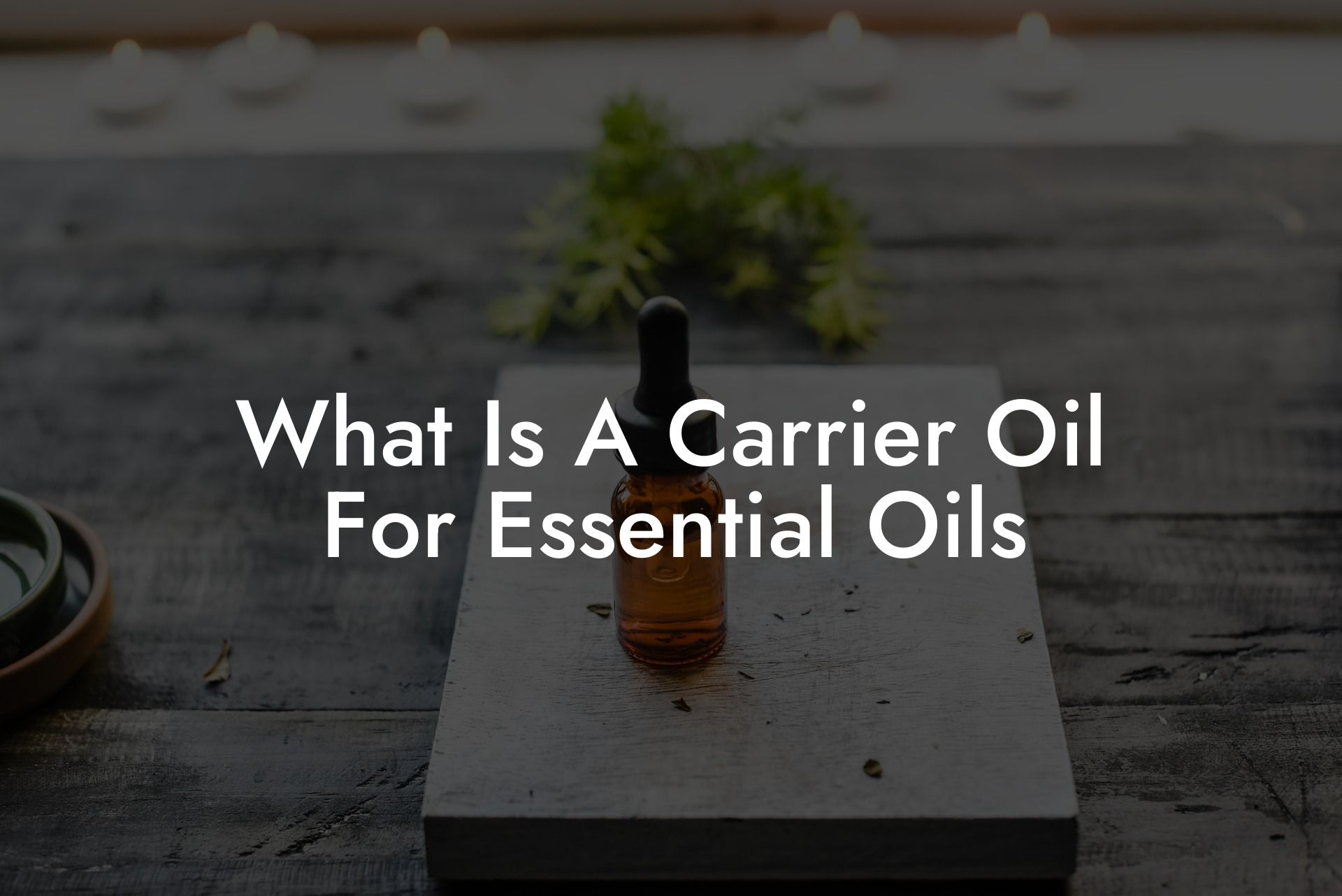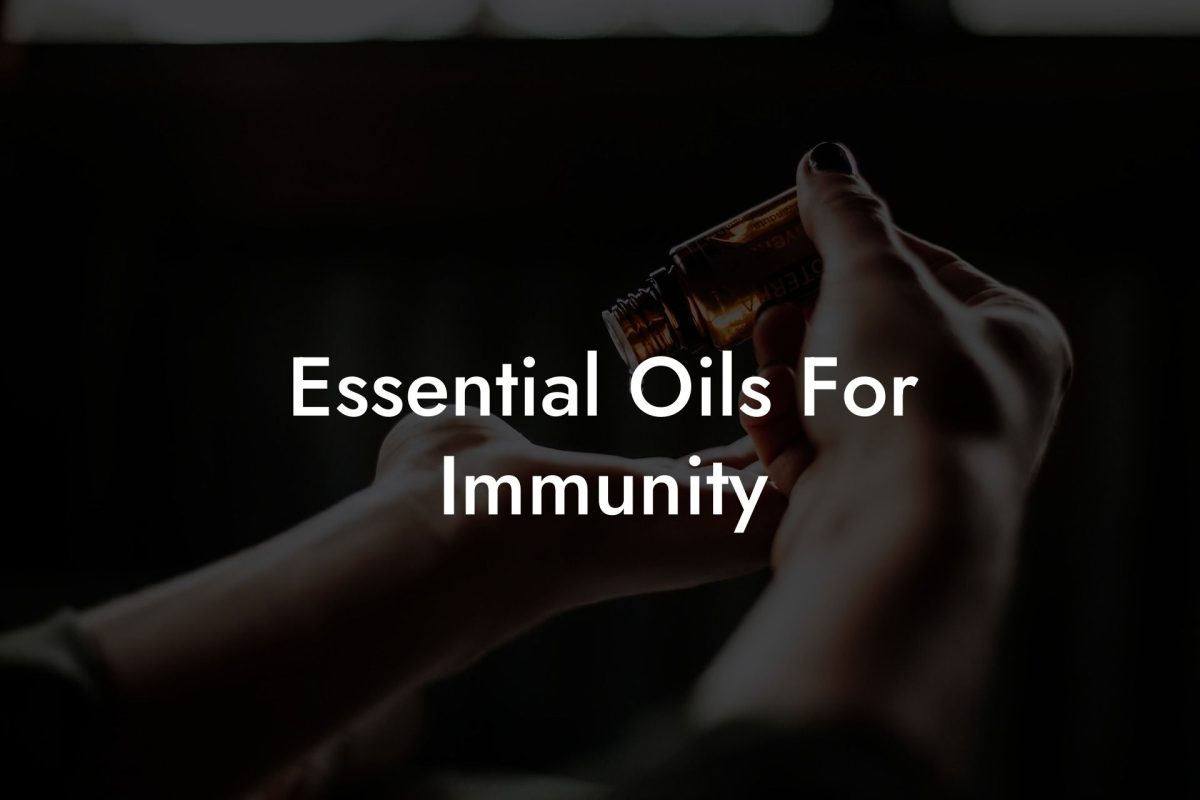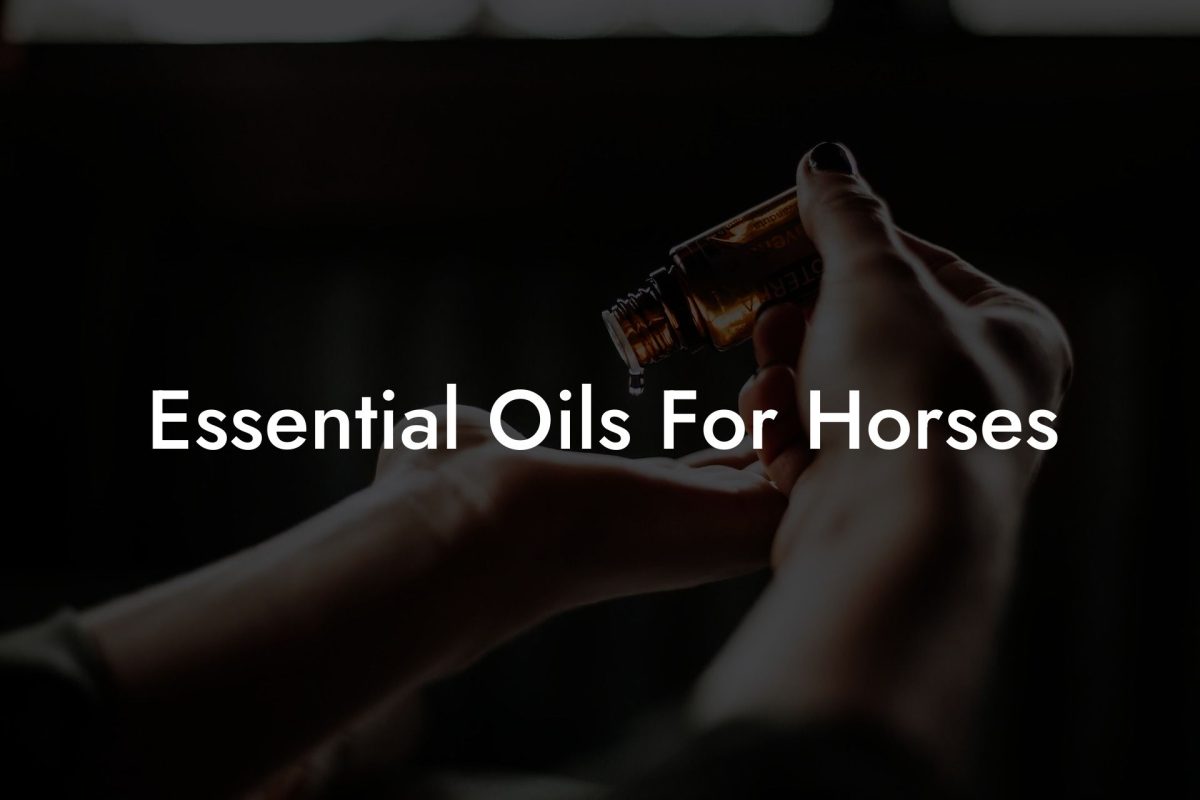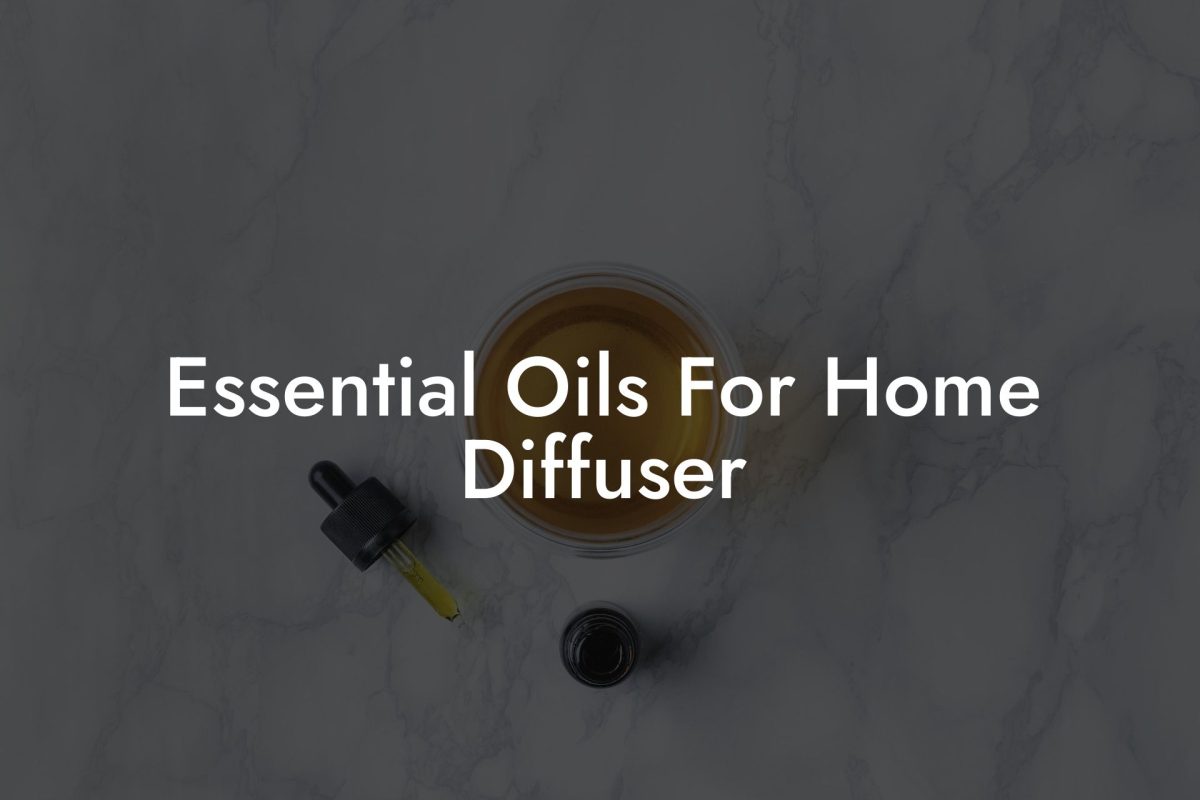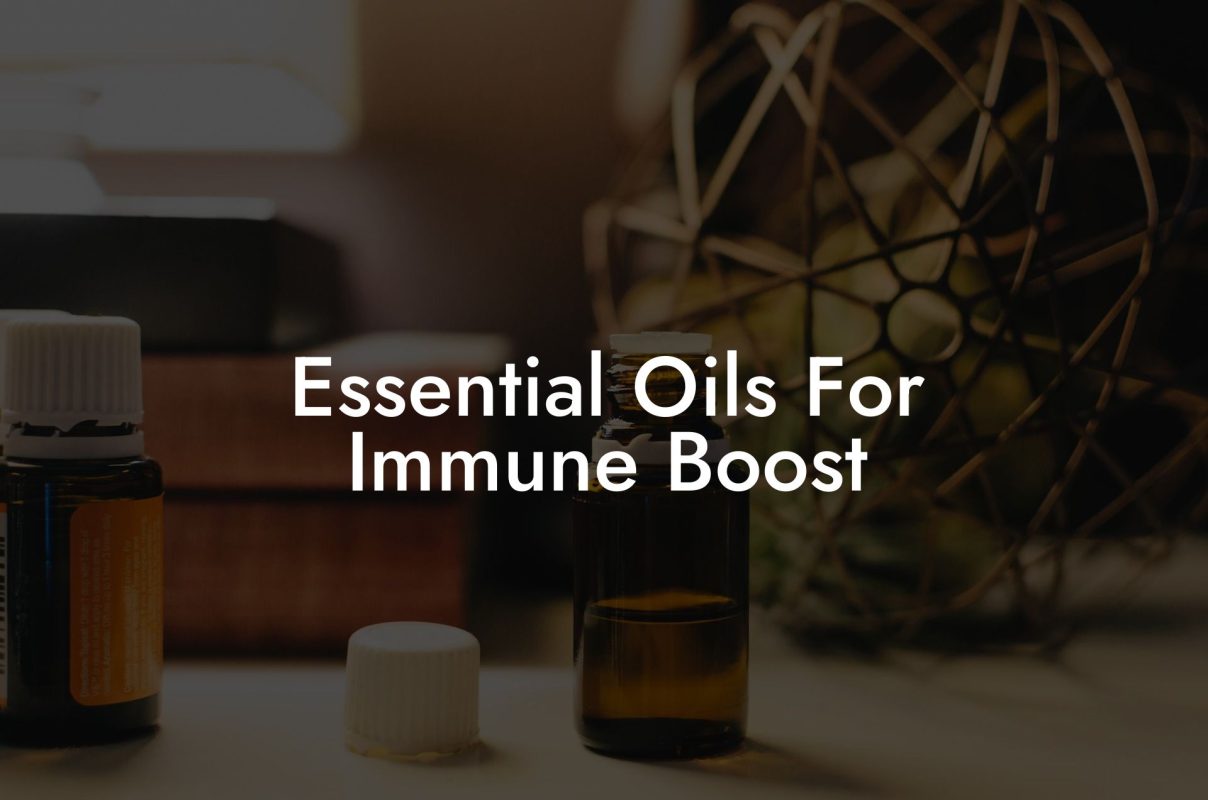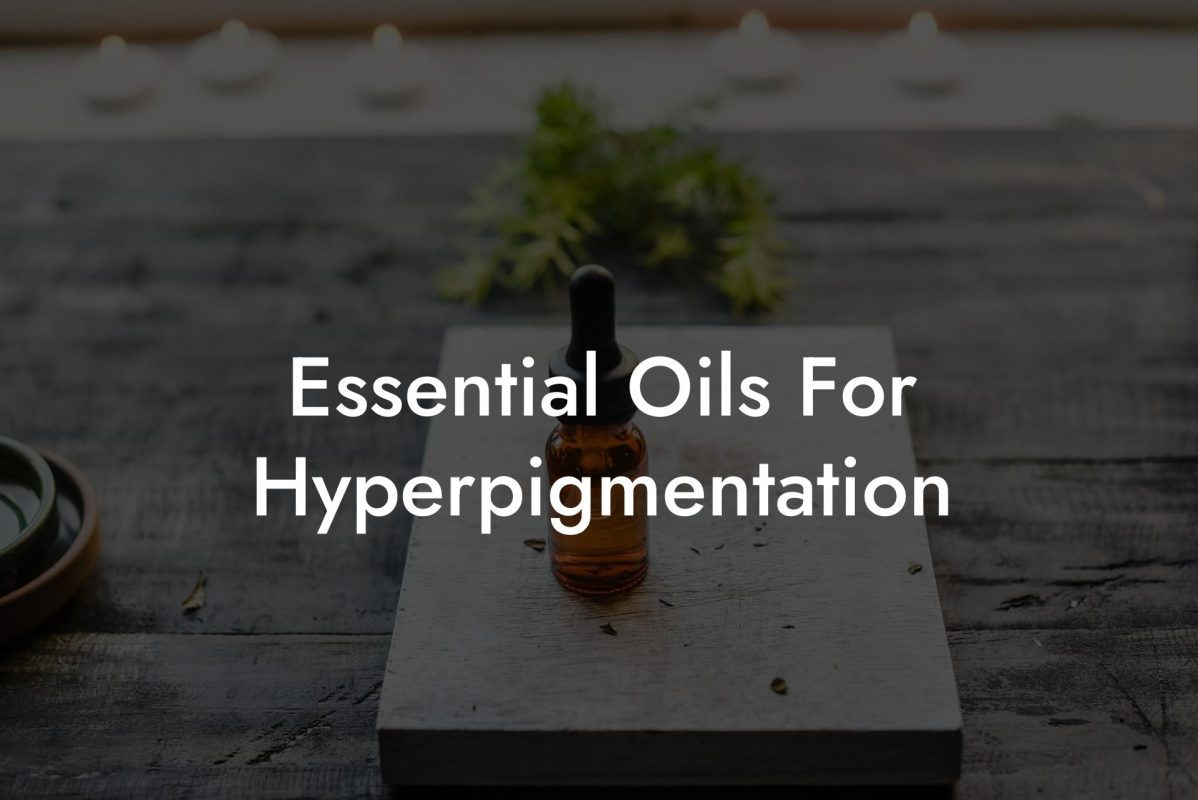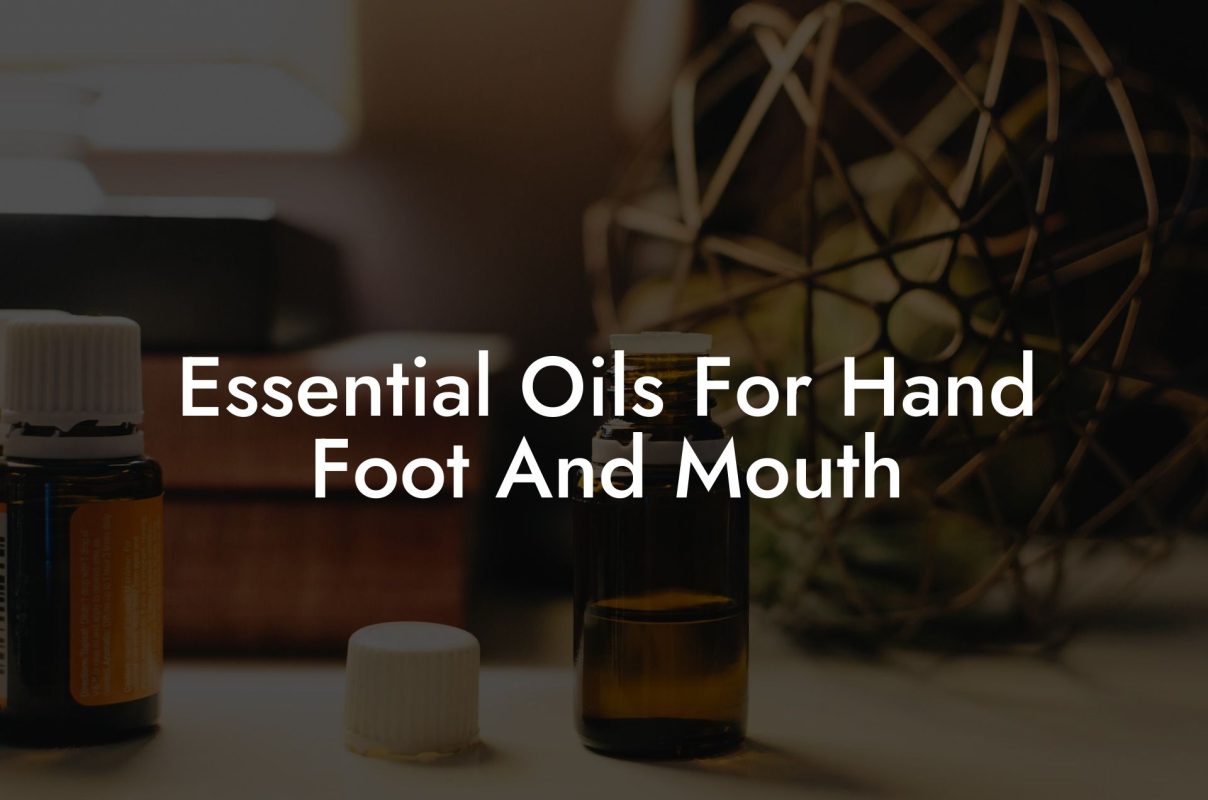If you are diving into the world of essential oils, you may have come across the term “carrier oil.” If you are new to aromatherapy, this term can be a bit confusing, but don’t worry, we’ve got you covered. In this article, we will uncover what is a carrier oil, why they are important, and the best types of carrier oils to use for essential oils.
Table of Contents
- What is a Carrier Oil?
- 1. Dilution for Safe Application
- 2. Enhanced Absorption
- 3. Prolongs the Effects of Essential Oils
- 4. Cost-effective
- 1. Sweet Almond Oil
- 2. Apricot Kernel Oil
- 3. Jojoba Oil
- 4. Grapeseed Oil
- 5. Fractionated Coconut Oil
- Why is a Carrier Oil Important?
- Popular Carrier Oils and Their Benefits
What is a Carrier Oil?
A carrier oil, also known as a base oil, is a plant-based oil derived from the fatty portion of plants, such as nuts, seeds, or kernels. These oils are typically used to dilute essential oils before application to the skin. Since essential oils are highly concentrated and potent, using them undiluted can cause skin irritation or sensitization. Carrier oils help to safely “carry” the essential oils, ensuring a more pleasant and effective aromatherapy experience.
Why is a Carrier Oil Important?
There are several reasons why carrier oils play a crucial role in the use of essential oils:
1. Dilution for Safe Application
As mentioned earlier, carrier oils help to dilute essential oils, making them safe for topical use. Undiluted essential oils can cause skin irritations, sensitivity, and even chemical burns.
2. Enhanced Absorption
Carrier oils help the essential oils absorb into the skin better, allowing for more effective use of their therapeutic properties.
3. Prolongs the Effects of Essential Oils
Using a carrier oil slows down the evaporation rate of essential oils, allowing them to stay on the skin longer and prolonging their effects.
4. Cost-effective
Essential oils can be expensive due to the high concentration of volatile compounds. Mixing them with carrier oils reduces the amount of essential oil needed for each application, making it more cost-effective.
Popular Carrier Oils and Their Benefits
While there are many carrier oils available, some are better suited for use with essential oils. Here are some of the most popular carrier oils:
1. Sweet Almond Oil
This is a light, non-greasy oil that is quickly absorbed into the skin. Rich in vitamins A, B, and E, sweet almond oil is an excellent moisturizer and works well for all skin types, especially for dry or irritated skin.
2. Apricot Kernel Oil
Similar to sweet almond oil, apricot kernel oil is light and easily absorbed. It is beneficial for sensitive and mature skin due to its high content of vitamins A, C, and E.
3. Jojoba Oil
Jojoba oil is unique because it closely mimics the skin’s natural sebum, making it suitable for all skin types. Its high antioxidant content helps protect the skin from damage caused by free radicals.
4. Grapeseed Oil
A popular choice for massage therapists, grapeseed oil has excellent glide and is absorbed quickly by the skin. It is suited for oily and acne-prone skin as it does not clog pores and helps regulate oil production.
5. Fractionated Coconut Oil
Unlike regular coconut oil, fractionated coconut oil stays liquid at room temperature. It is odorless, has a long shelf life, and is quickly absorbed without leaving a greasy residue.
What Is A Carrier Oil For Essential Oils Example:
If you wanted to create a relaxing massage oil blend, you could combine 1 ounce of sweet almond oil with 6-12 drops of lavender essential oil. This would create a 1-2% dilution, which is considered a safe dilution rate for adults.
Now that you know what a carrier oil is and why it is essential for using essential oils, you can safely explore the world of aromatherapy with confidence. Discover more guides about essential oils, aromacology, and wellness on the Oshu Oils blog and don’t forget to check out our range of artisan essential earth oils to elevate your aromatherapy experience. If you found this article helpful, please don’t hesitate to share it with others who might benefit from the information. Happy blending!

